“Corn starch 50kg food grade” has been added to your cart. View cart
“Corn starch 50kg food grade” has been added to your cart. View cart
Reviews (0)
Be the first to review “Polyglyceryl” Cancel reply
Shipping & Delivery
Related products
Booster Emulsifier
Rated 5.00 out of 5
Booster Emulsifier
This high quality liquid emulsifier suitable for effective cleaning of fabrics exposed to mineral oils and grease stains. This versatile product can be used as a spotter as well as for pre washing of highly soiled fabrics


Booster Emulsifier
This high quality liquid emulsifier suitable for effective cleaning of fabrics exposed to mineral oils and grease stains. This versatile product can be used as a spotter as well as for pre washing of highly soiled fabrics
Sodium citrate 25kg
Sodium citrate is a chemical compound that can be described as the sodium salt of citric acid. It is commonly used as a food additive, primarily as a flavoring agent, preservative, and pH regulator. It is also utilized in various pharmaceutical and medical applications. Sodium citrate acts as a buffering agent and emulsifier, helping to stabilize and enhance the texture of certain food products. In medicine, it is used to treat conditions such as acidosis and as an anticoagulant during blood transfusions. Overall, sodium citrate plays a versatile role in different industries due to its ability to modify acidity, improve stability, and contribute to various desirable properties in different products.
Sodium Lauryl Ether Sulphate (SLES Ungero)
Sodium Lauryl Ether Sulfate (SLES) is an anionic surfactant commonly used in various personal care and cleaning products. It is derived from lauryl alcohol and ethylene oxide, followed by sulfation to produce the final compound. SLES is known for its excellent foaming and cleaning properties, making it a popular ingredient in shampoos, body washes, toothpaste, and household cleaners.
As a surfactant, SLES acts as a detergent and emulsifier, helping to remove dirt, oil, and grease from surfaces. It lowers the surface tension of liquids, allowing them to spread and penetrate more effectively. Additionally, SLES can create a rich and stable foam, enhancing the cleansing experience.
It's worth noting that SLES can be derived from natural or synthetic sources, and its production may involve the use of petroleum-based ingredients. However, formulations can vary among manufacturers, so it's important to check product labels or consult the manufacturer directly for specific information on the origin and processing of SLES.
Soya Lecithin
Soya lecithin is a natural substance derived from soybeans that is commonly used as an emulsifier, stabilizer, and dispersant in food products, pharmaceuticals, and other industrial applications. It is composed of a mixture of phospholipids, including phosphatidylcholine, phosphatidylethanolamine, and phosphatidylinositol, which have unique properties that make them useful in a wide range of applications. Soya lecithin is typically extracted from soybean oil and is often added to foods as an ingredient to improve texture, increase shelf life, or facilitate the mixing of ingredients that would otherwise not blend together.
Triethanolamine (TEA)
Triethanolamine (TEA) is a viscous organic compound that belongs to the class of alkanolamines. It is characterized by its three hydroxyl groups, which make it a triol. TEA is a versatile chemical compound used in various industries, including cosmetics, pharmaceuticals, textiles, and metalworking.
The best definition of triethanolamine can be summarized as follows: Triethanolamine (TEA) is a colorless, viscous liquid compound with the chemical formula C6H15NO3. It is produced by the reaction of ethylene oxide with ammonia, followed by subsequent ethylation. TEA has the ability to act as both a weak base and a weak acid, making it an excellent pH adjuster and buffer in many applications. It is widely used as an emulsifier, surfactant, pH regulator, and corrosion inhibitor in numerous industrial and consumer products.

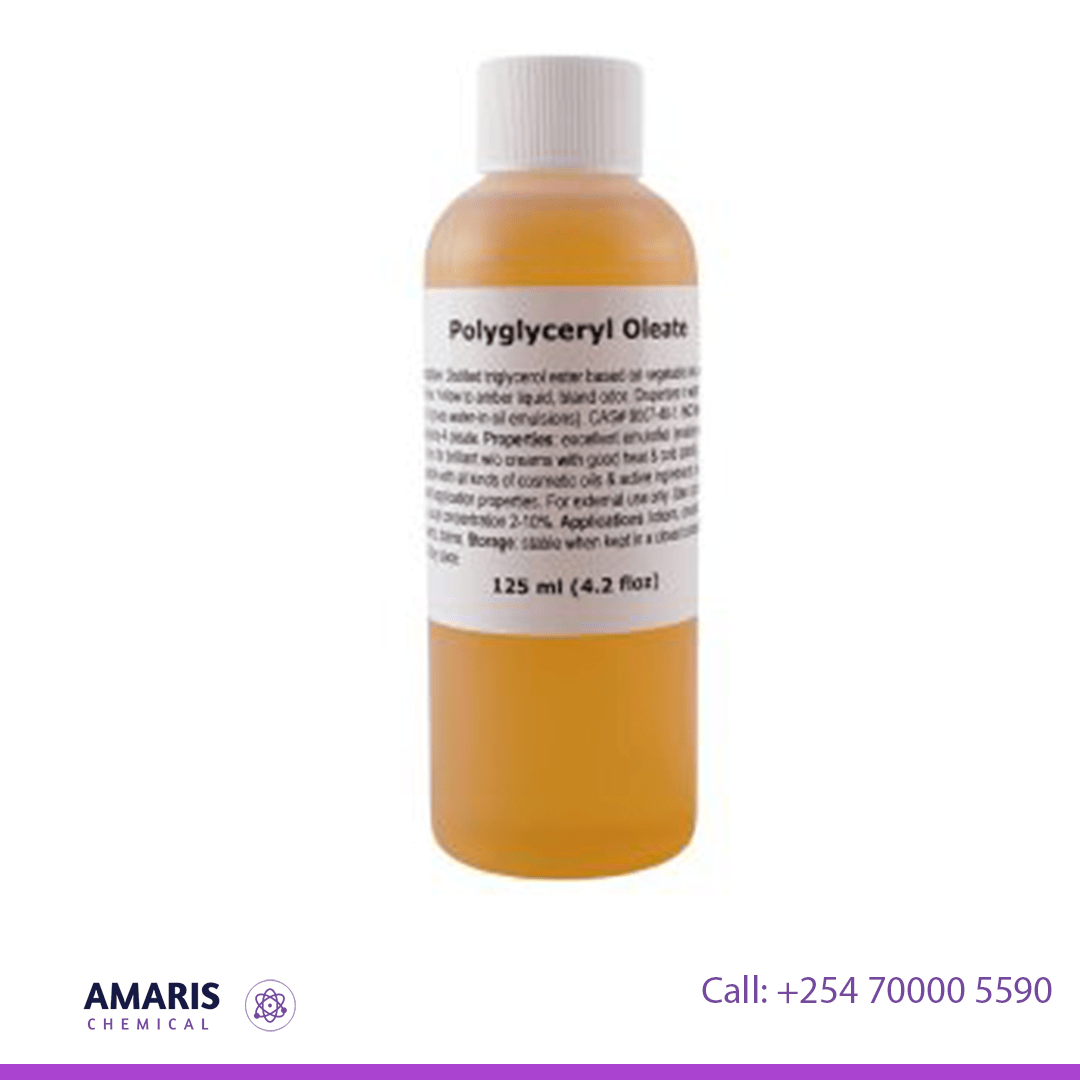
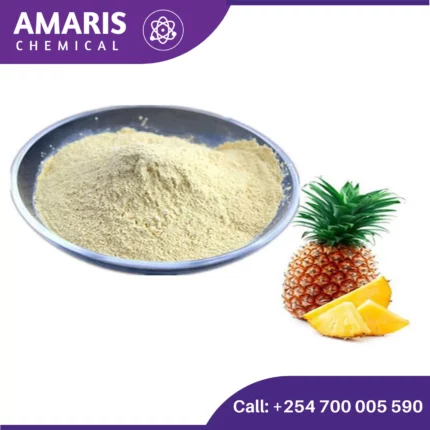
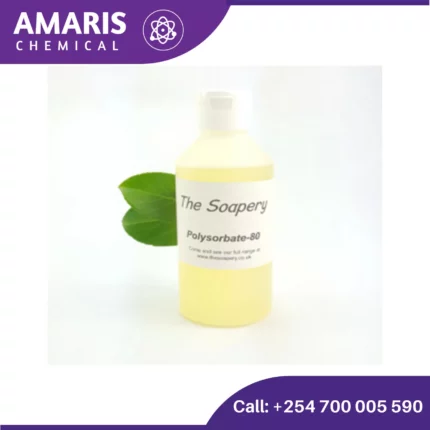
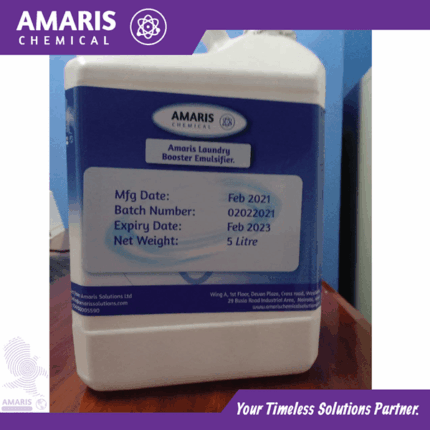
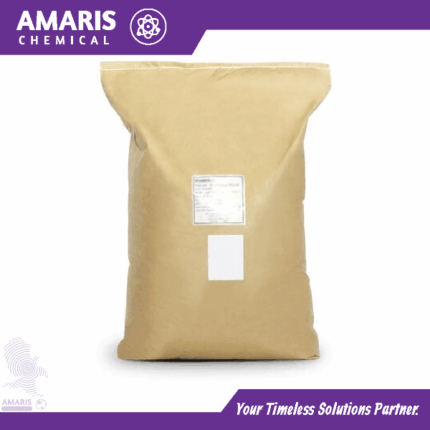
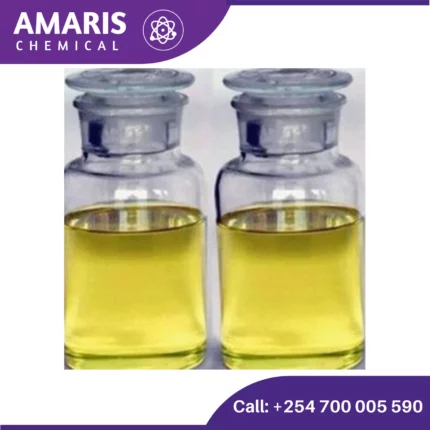
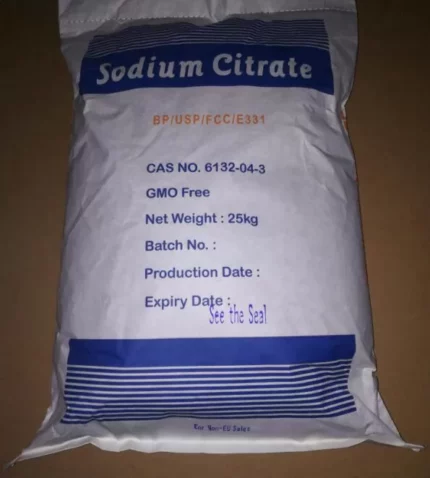

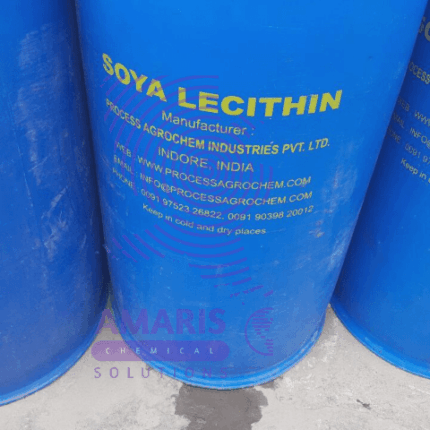
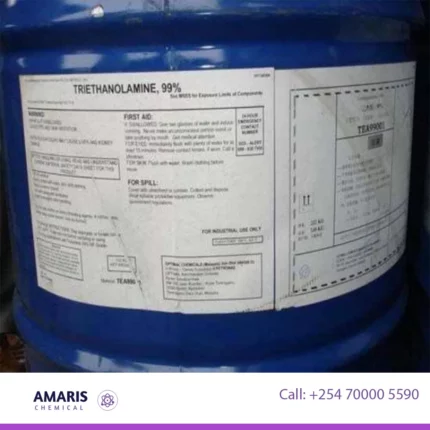
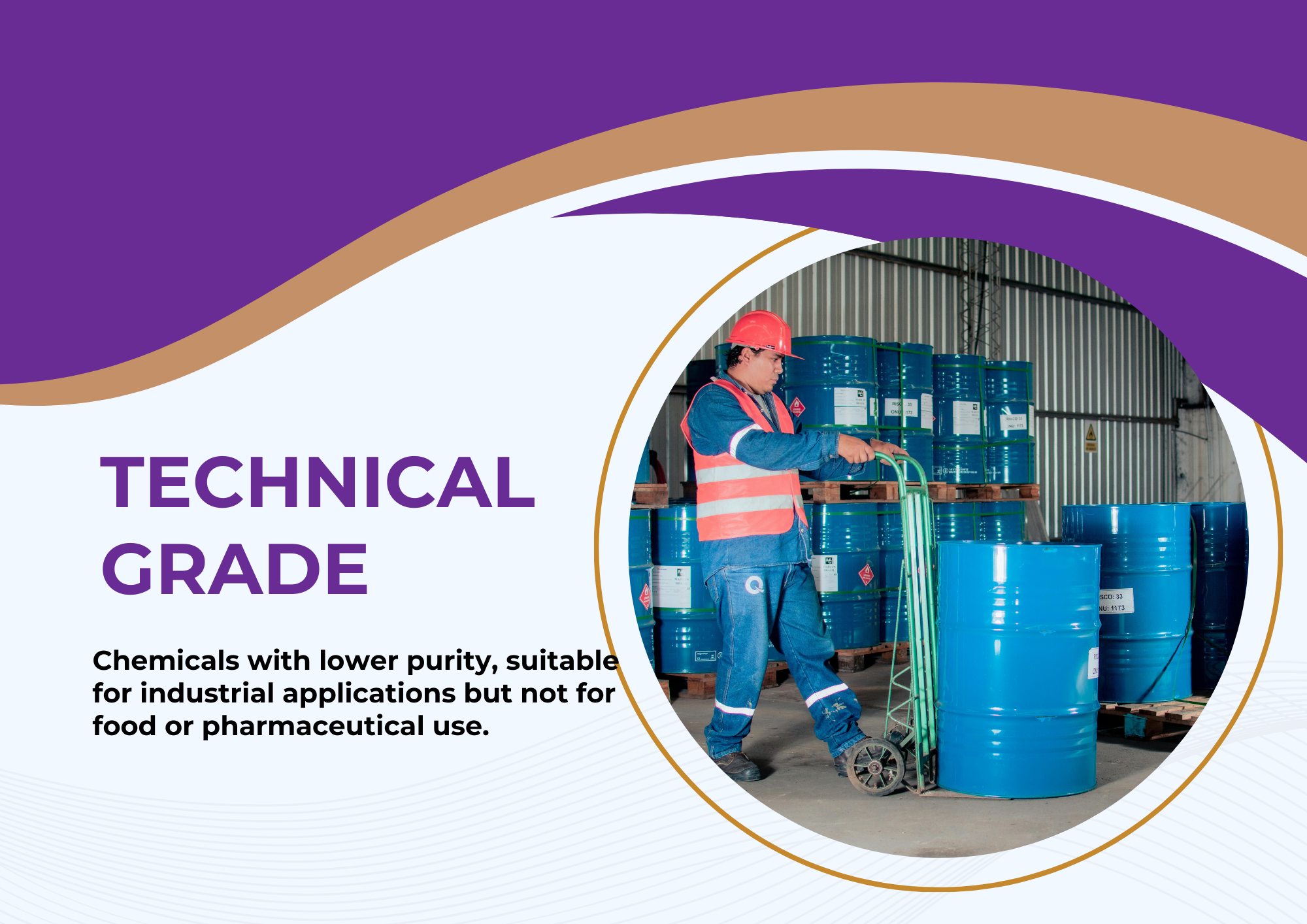
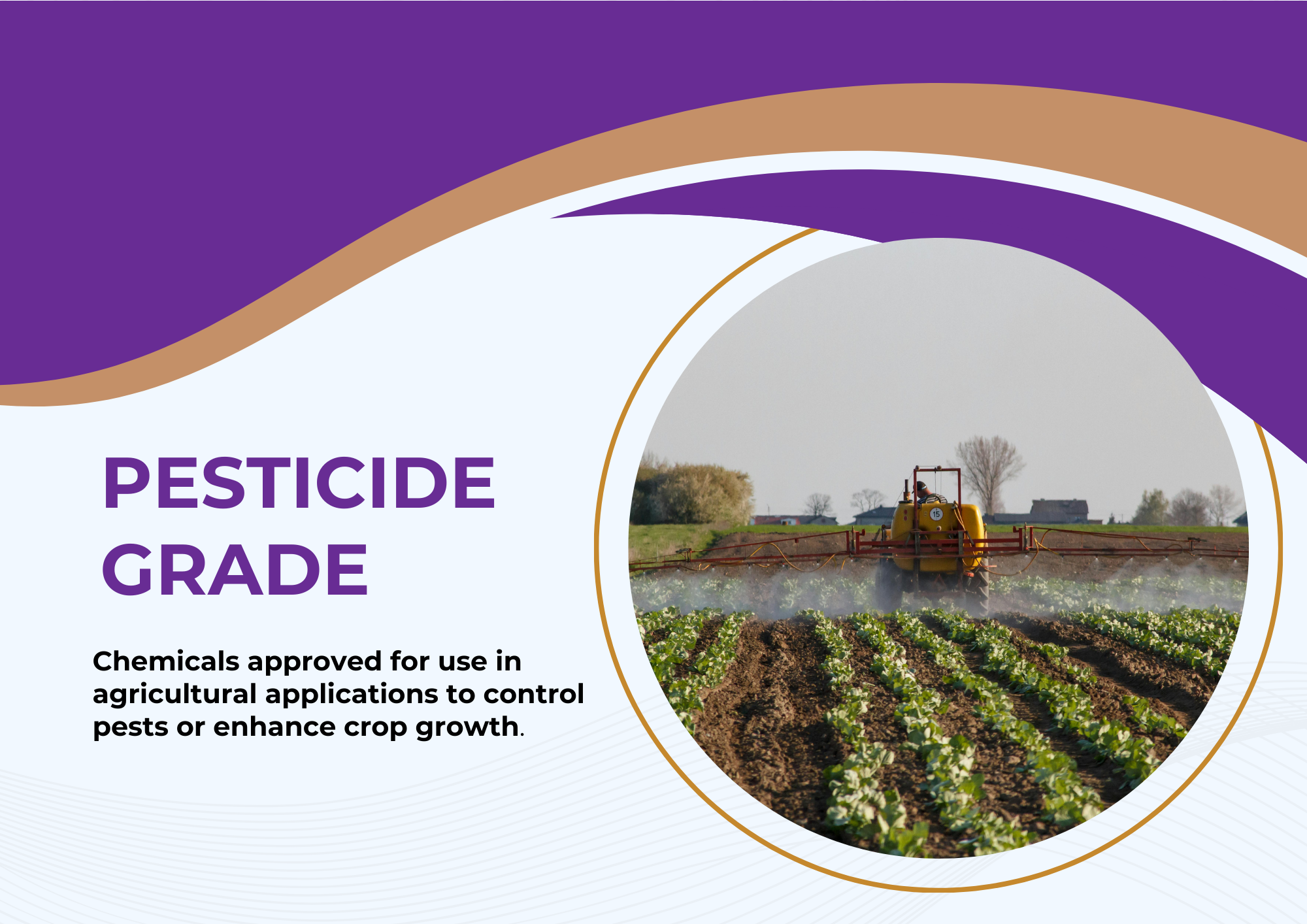


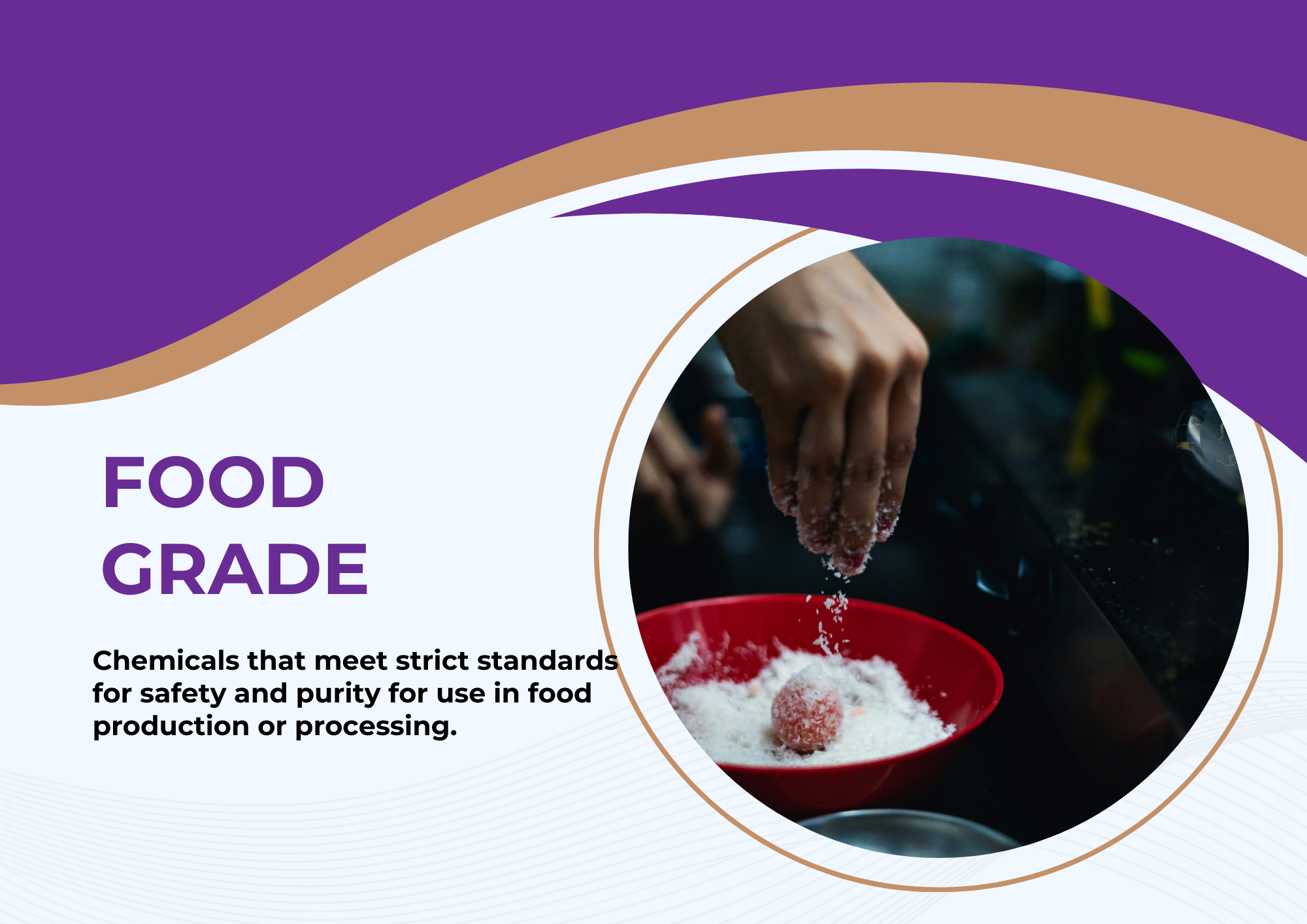
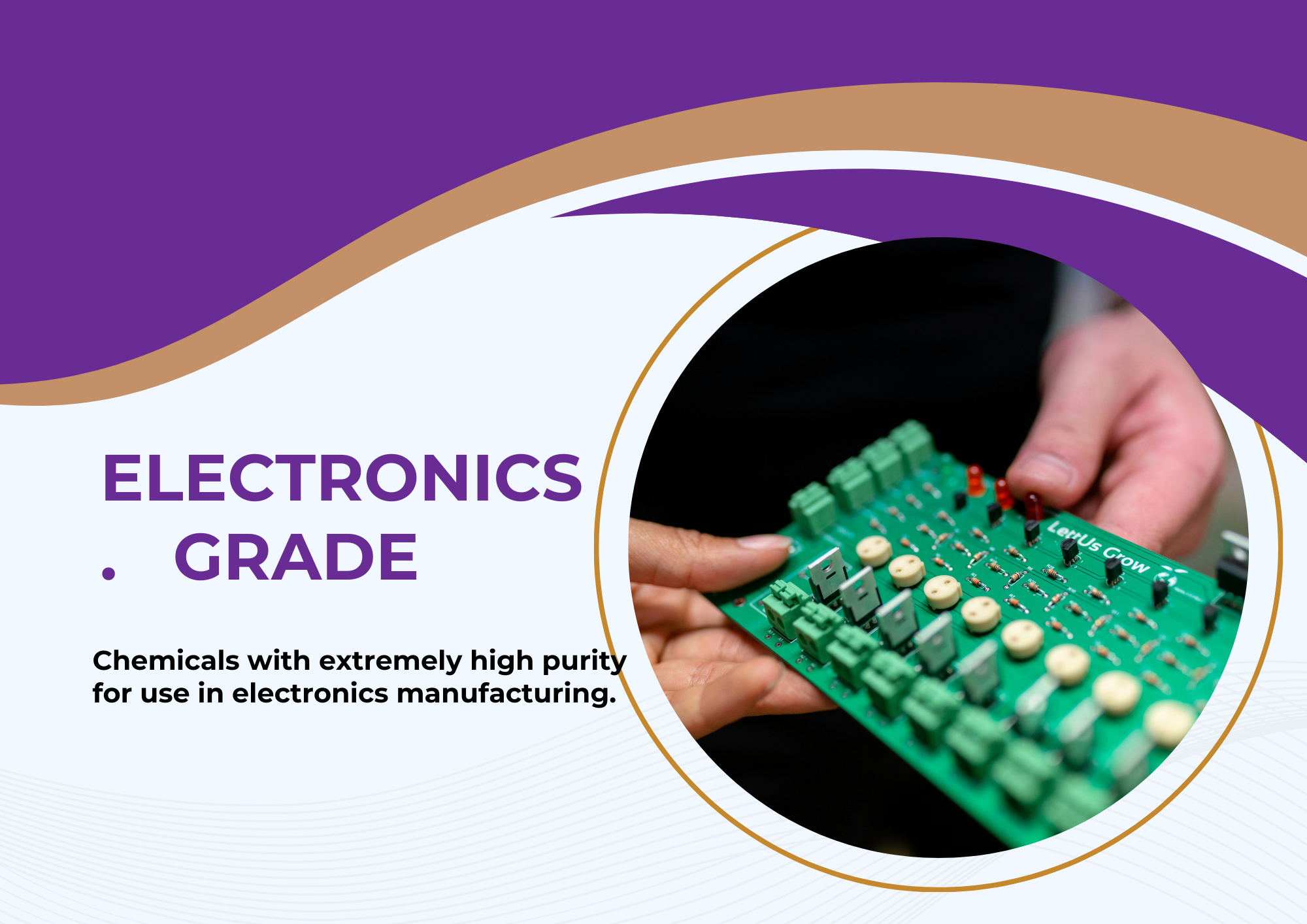
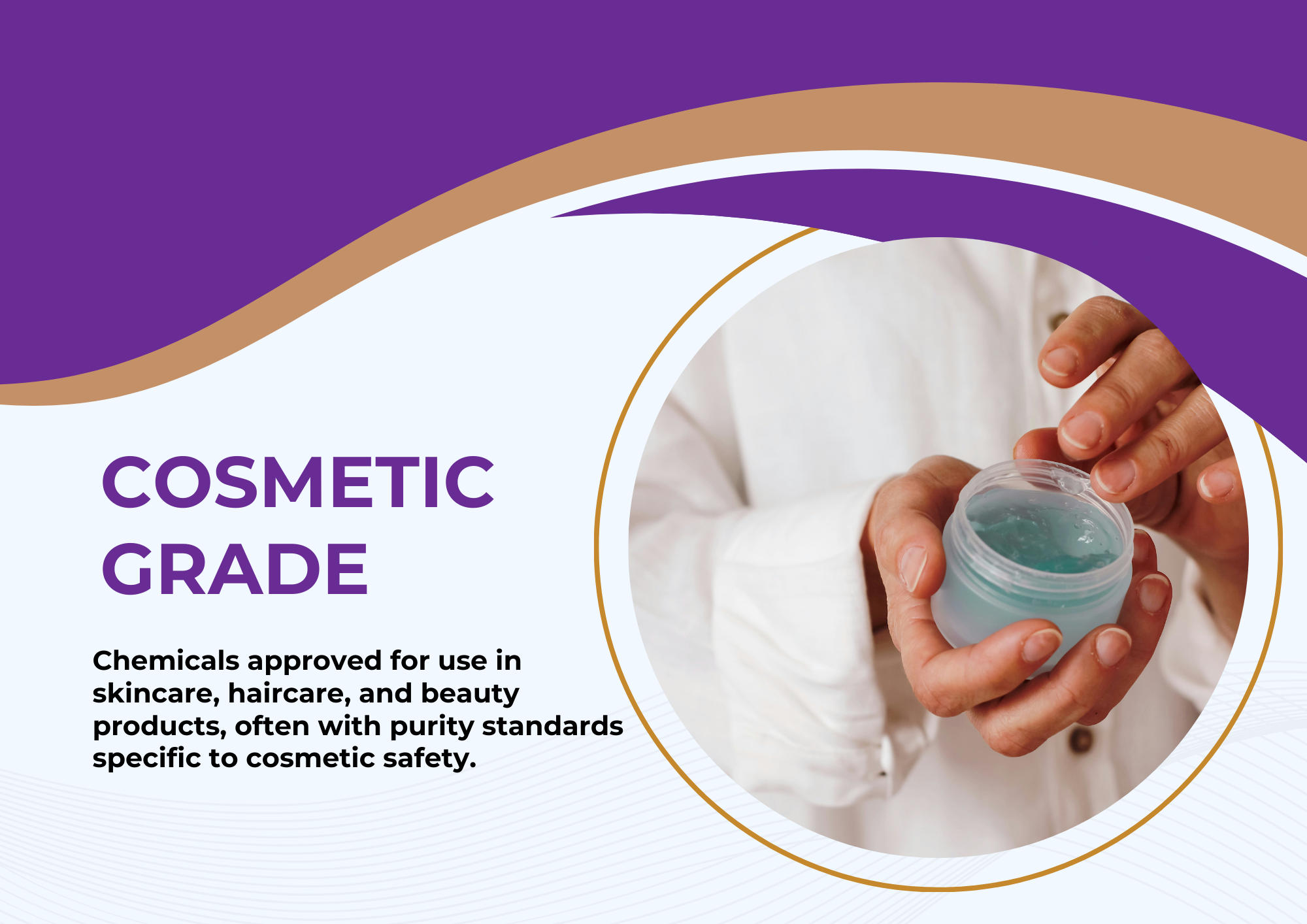
Reviews
There are no reviews yet.